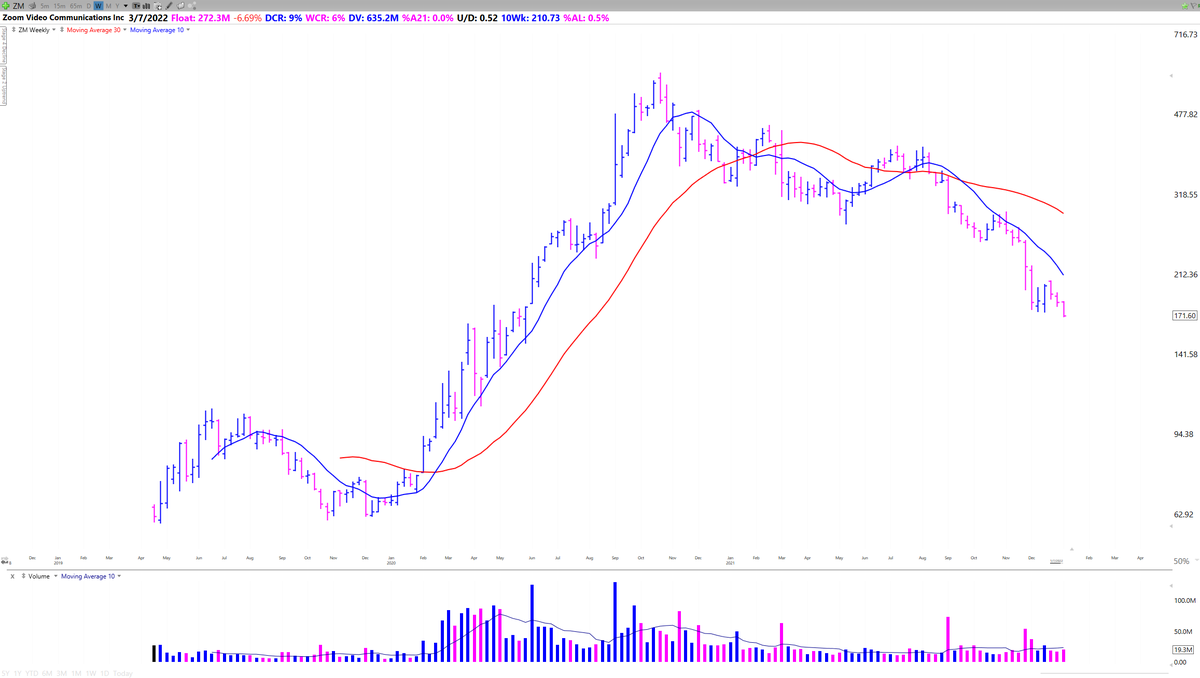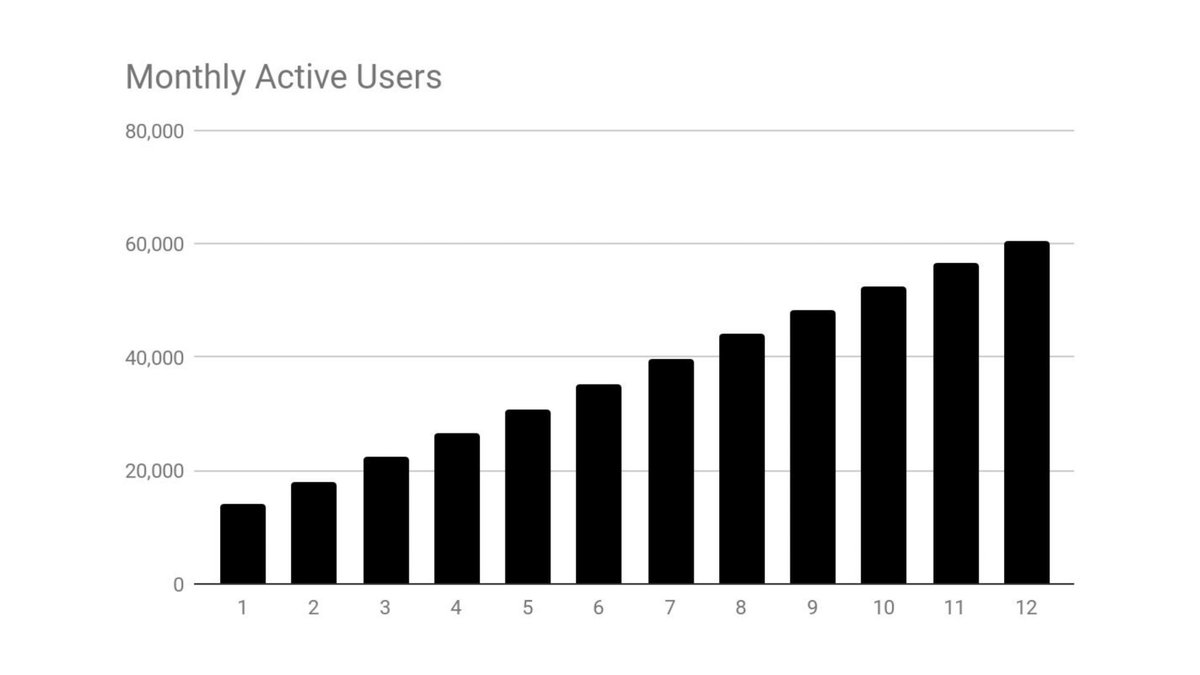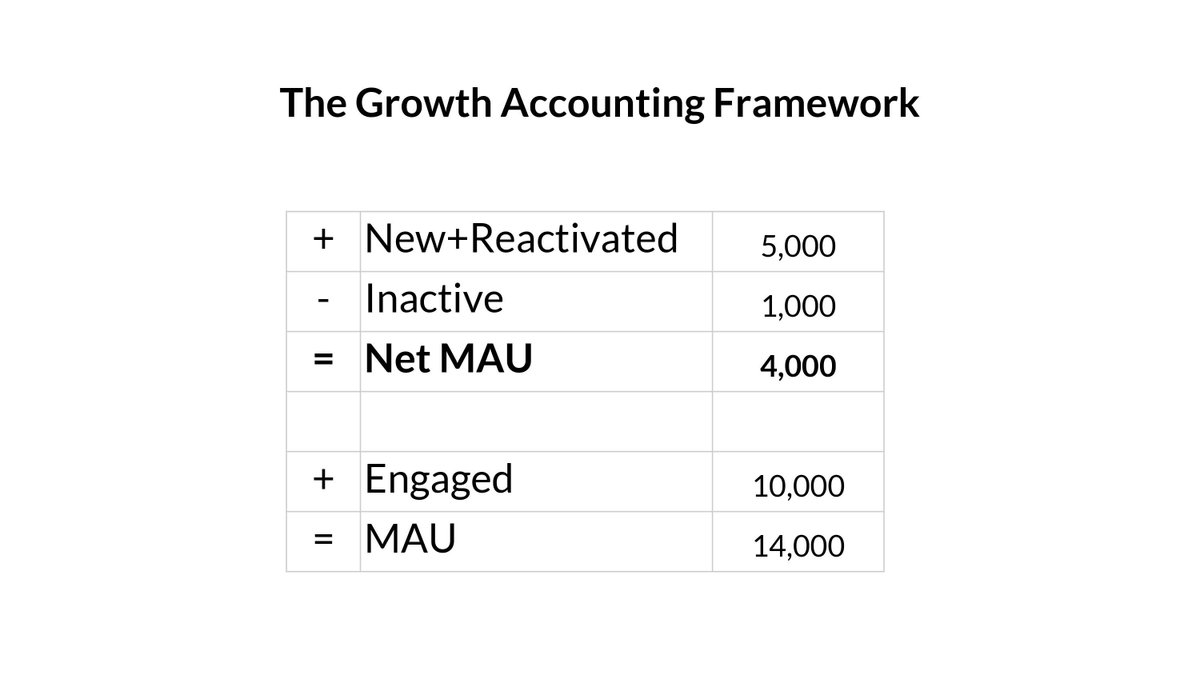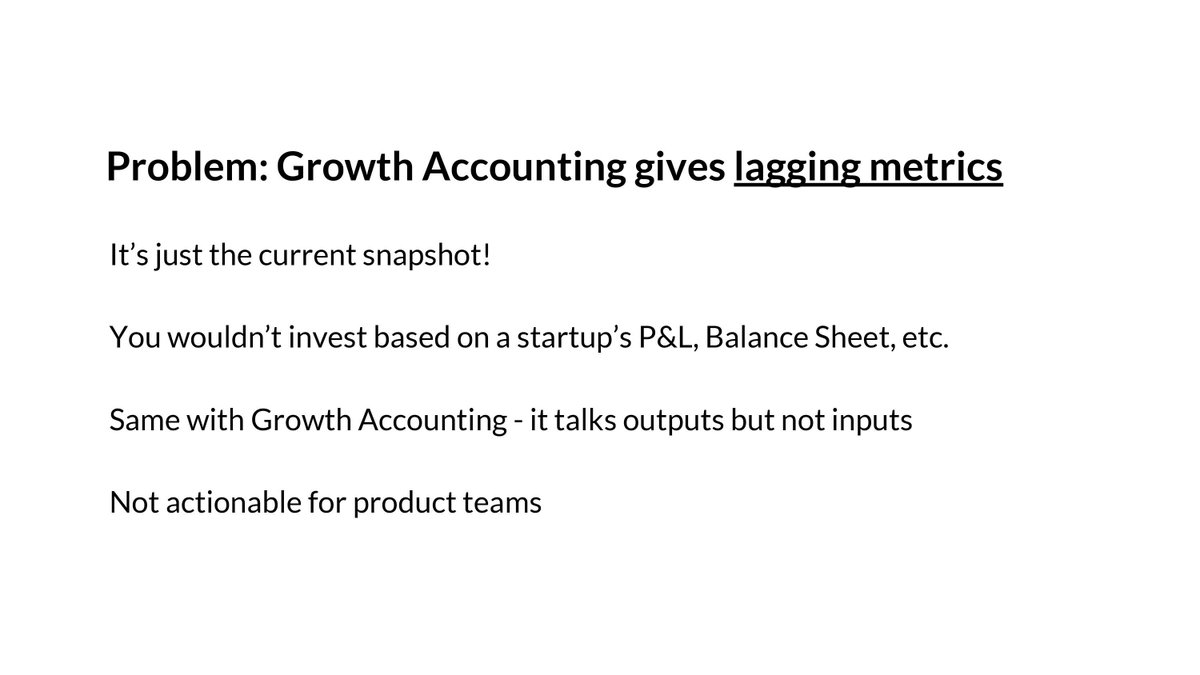A brief introduction to trading/investing for beginners and why you should start right now (Thread)
Why you should invest (Start now!)
What even is stock?
Roth IRAs versus Traditional IRAs
ETFs+ Mutual Funds
How to buy/sell individual stocks.
Types of Investing/Trading
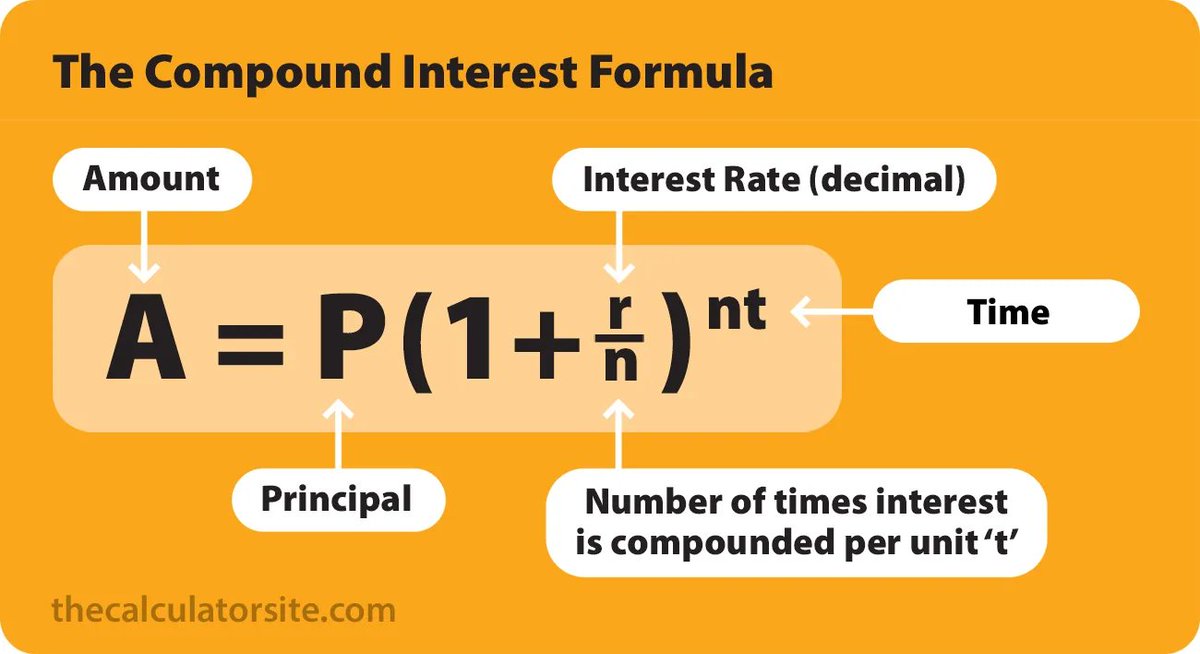
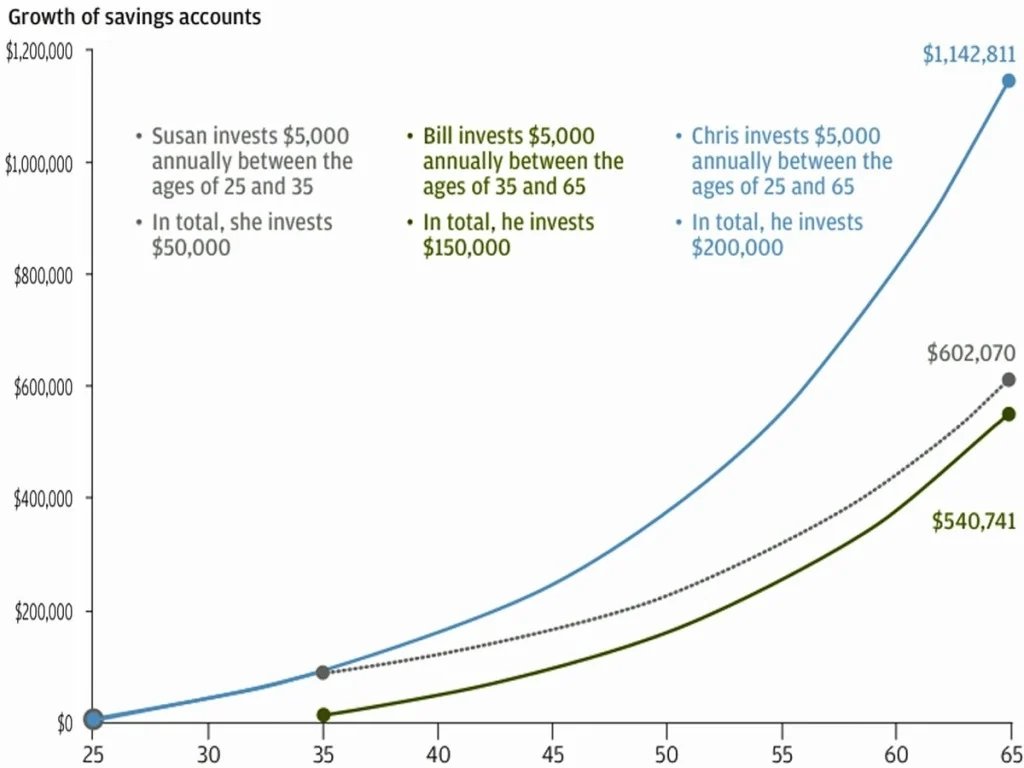
It's kind of just a lot better
$SPY , $VOO : SP-500 tracking ETFs
$PAWZ : Pet Care related companies
$MJ : Marijuana Companies
There are two main types of IRA accounts; Traditional and Roth.
https://t.co/iYMOqE5ilU
In your brokerage account you would go to the Trade or Buy/Sell tab and get a page that looks similar to the image below.

https://t.co/qrhNIYQrle
Stop market orders are helpful while trading to make sure you cut your losses at a set price
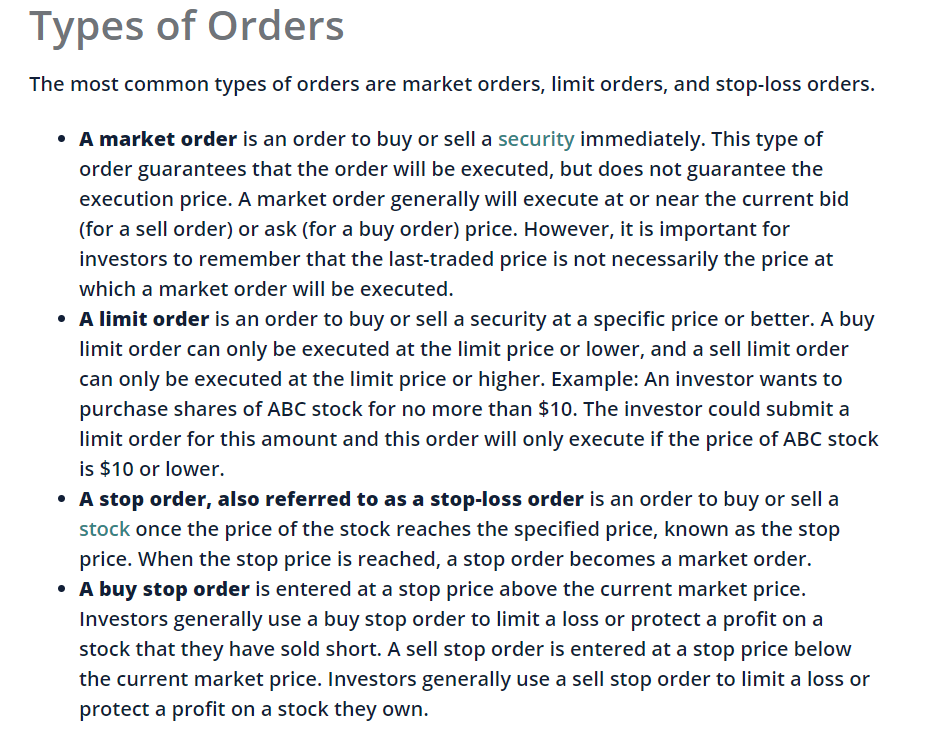
https://t.co/95lYzKpLp1
Position traders try to capture the long-term outperformance trend of strong growth companies, Swing traders capture momentum runs during the longer trend and day traders capture intraday trends.
More from Richard Moglen 📽️🦁🚢
The Importance of Trading Rules (Quick thread)
Last week I sent out this poll asking if people have a written
Over 60% of people said they did not have one.
It's now one of my main goals to get as many people as possible to commit to writing their own rules which codify their goals and methods.
I strongly believe that writing down your strategy especially if you are a new trader/investor will lead to improved and more consistent performance in the stock market.
Trading the markets is a tough business, money is on the line and emotions can run high.
Preparing ahead of time is essential so that in the moment you are just executing your plan.
This is the best way to stay in the game for the long haul

Last week I sent out this poll asking if people have a written
Do you have a written Trading/Investing Plan?
— Richard Moglen \U0001f4fd\ufe0f\U0001f981\U0001f6a2 (@RichardMoglen) March 7, 2021
Over 60% of people said they did not have one.
It's now one of my main goals to get as many people as possible to commit to writing their own rules which codify their goals and methods.
I strongly believe that writing down your strategy especially if you are a new trader/investor will lead to improved and more consistent performance in the stock market.
Trading the markets is a tough business, money is on the line and emotions can run high.
Preparing ahead of time is essential so that in the moment you are just executing your plan.
This is the best way to stay in the game for the long haul

More from Traderlion
You May Also Like
Krugman is, of course, right about this. BUT, note that universities can do a lot to revitalize declining and rural regions.
See this thing that @lymanstoneky wrote:
And see this thing that I wrote:
And see this book that @JamesFallows wrote:
And see this other thing that I wrote:
One thing I've been noticing about responses to today's column is that many people still don't get how strong the forces behind regional divergence are, and how hard to reverse 1/ https://t.co/Ft2aH1NcQt
— Paul Krugman (@paulkrugman) November 20, 2018
See this thing that @lymanstoneky wrote:
And see this thing that I wrote:
And see this book that @JamesFallows wrote:
And see this other thing that I wrote:

